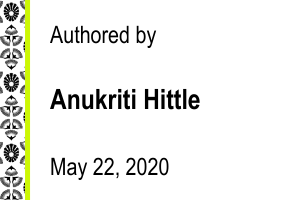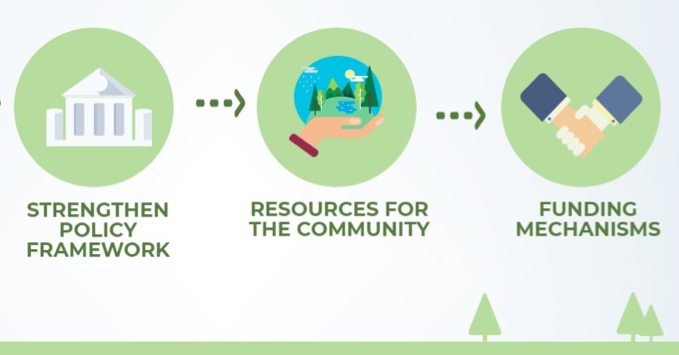A Tale of Three States: A Climate Ready Hawai’i Initiative that looks into California, Delaware, and Massachusetts

 Hawai‘i is facing grave impacts from climate change and sea level rise and must adapt quickly. At the statewide 2020 Climate Change Conference in January, one thing became clear: Hawai‘i needs to be doing more and doing it fast. Scientists, community leaders, climate activists, artists, and policymakers from around the country discussed how Hawai‘i can build on its progress, and learn from other US Climate Alliance states such as California, Delaware and Massachusetts.
Hawai‘i is facing grave impacts from climate change and sea level rise and must adapt quickly. At the statewide 2020 Climate Change Conference in January, one thing became clear: Hawai‘i needs to be doing more and doing it fast. Scientists, community leaders, climate activists, artists, and policymakers from around the country discussed how Hawai‘i can build on its progress, and learn from other US Climate Alliance states such as California, Delaware and Massachusetts.
Lesson #1: Strengthen policy framework where executive and legislative action reinforce each other. Both executive and legislative actions are needed at the state and local levels to bring federal policy to life. The US Climate Alliance states began this process by first defining the term “resilience” to clarify what success would look like in achieving common goals. For example, in the New Governors’ Resilience Playbook, resilience is defined so that state executive branches can more easily frame goals and actions. Massachusetts established a plan using EXECUTIVE ORDER NO. 569 for each executive office to assess framework climate change vulnerability, assets, and options for adaption. California had a similar trajectory where some combination of executive and legislative action reinforced each other. In Hawai‘i, too, where coordinated action is urgently needed, a combination of legislative and executive action would provide specific directives for each department to plan for and implement adaptation action.

Lesson #2: Support local governments and communities through information, tools, and resources. Information and planning resources support action at the county and state level. Massachusetts, which instituted its Climate Change Clearinghouse stands out in providing key information resources to their communities. The process directed agencies to establish climate change and adaptation strategies, provided technical assistance, vulnerability assessments, and plans for implementation. Delaware’s Resilient and Sustainable Communities League similarly brought resources to state and local governments to allow them to develop resiliency plans and vulnerability assessments. Hawai‘i might consider its own version of these as a means of coordinating effort and providing technical support.

Lesson #3: Develop innovative funding mechanisms for climate action. Massachusetts and Delaware make use of an innovative collaboration known as the Regional Green House Gas Initiative (RGGI). In addition, Massachusetts’s legislature authorized a Green Bond, which provides grants to communities to help prepare for and protect against climate change impacts. We need smart funding solutions like these in Hawai‘i. There is currently an opportunity for Hawai‘i to devise its own smart funding scheme through an income-based carbon tax.


Moving forward together. As Hawai‘i grapples with the tough issues of climate change impacts and response, it must also keep in mind the conversation it needs to have with all stakeholders, especially its vulnerable communities. This engagement is crucial in determining priorities for public spending. Using the Climate Commission’s equity lens framework that is under development, and in consultation with community leaders, local groups, neighborhood boards, and county governments, a Climate Ready Hawai‘i must solicit input across the state to determine what matters to communities with respect to sea level rise and climate adaptation–to get “climate ready” now.
This blog piece is summarized from the 2020 Climate Conference Paper Making Hawaiʻi Climate Ready: Developing a Playbook for Adaptation and Resilience to Sea Level Rise Impacts, which can be found here.
Disclaimer: The views and positions expressed on HIBlog are those of the authors and do not necessarily reflect the views and positions of the Hawai‘i Climate Commission or the State of Hawai‘i. If you notice an error in our research or have concerns about quality, please contact Anukriti Hittle at [email protected]